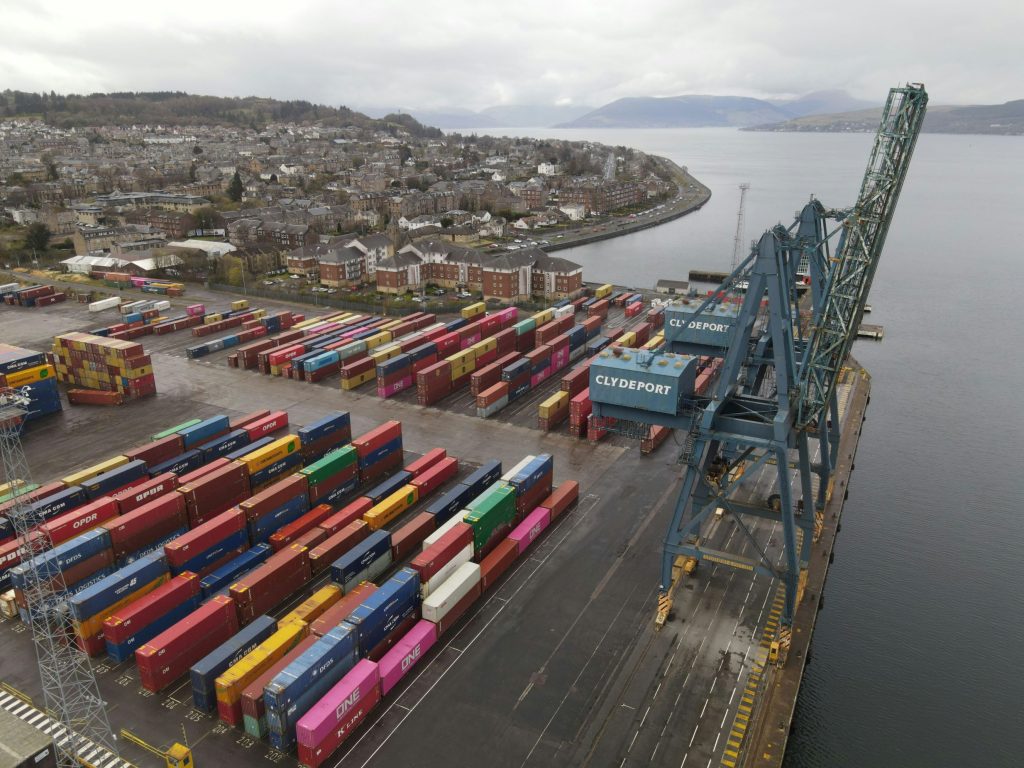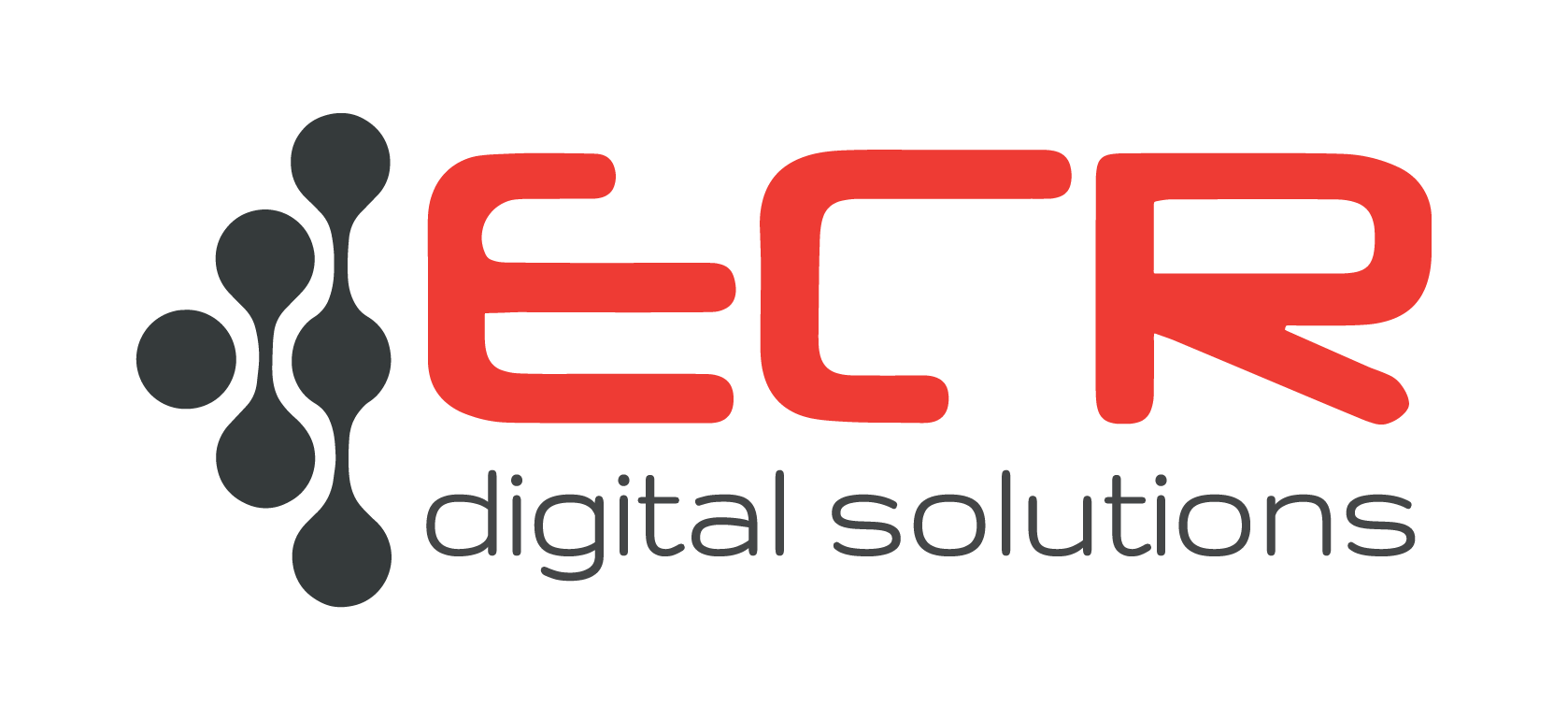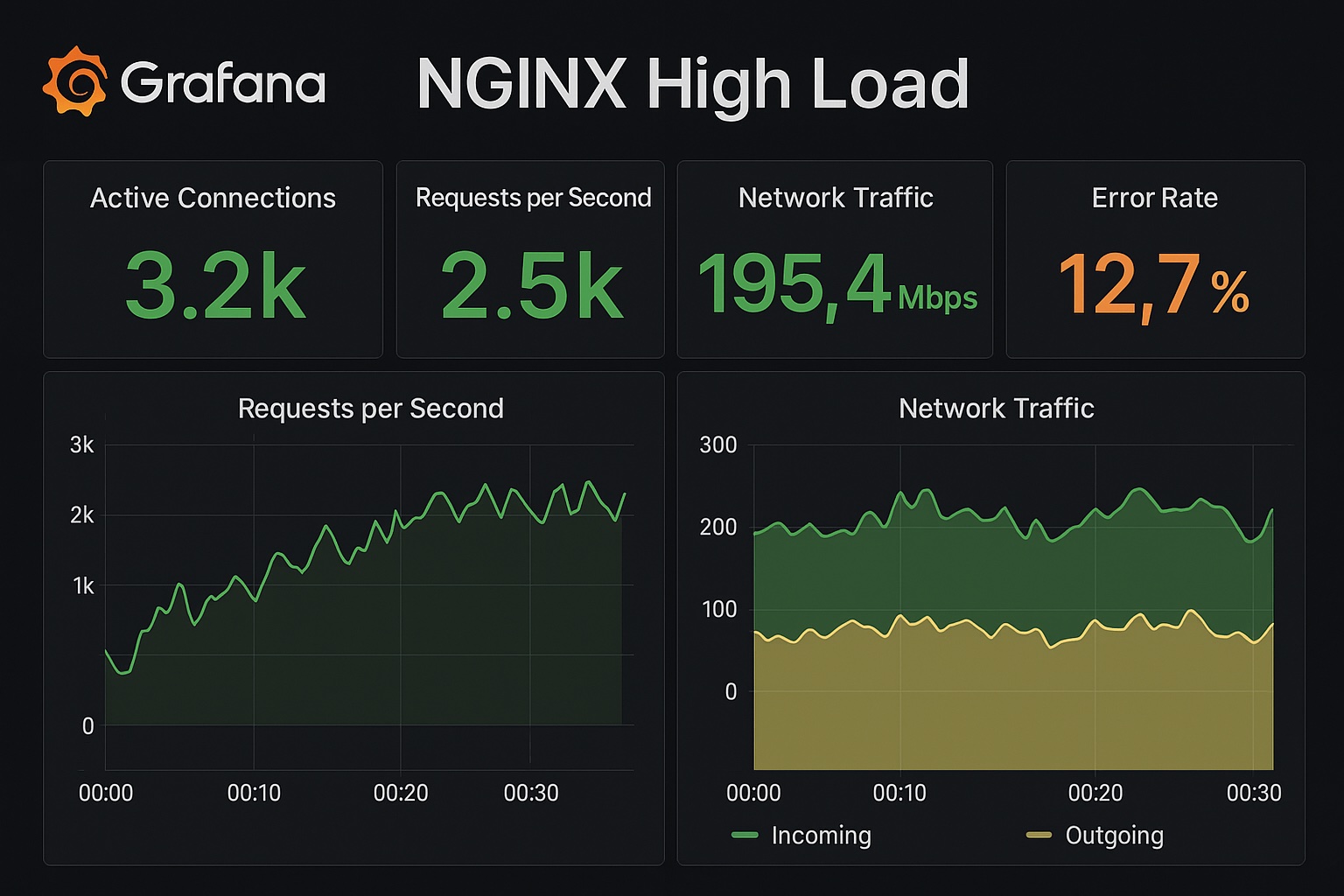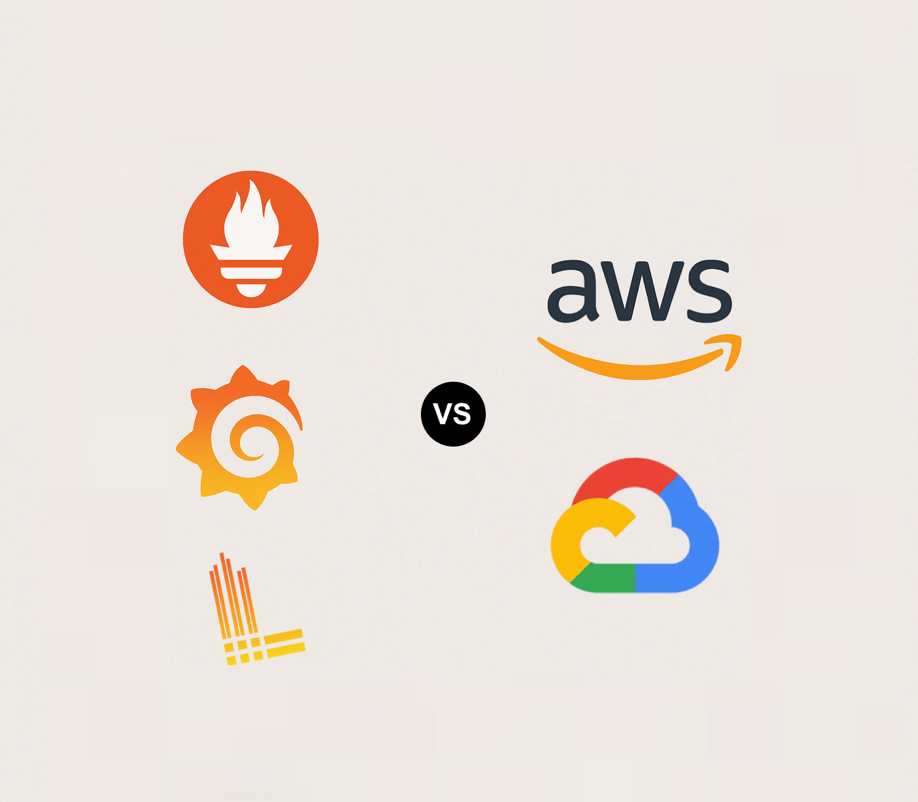Enhancing Server and Host Monitoring with Prometheus, Grafana, and Alertmanager
Tue 13/05/2025 15m read 2001 views
Why Using SaaS for Logistics Is Better Than Building Your Own Software
In the modern logistics landscape, digital transformation is no longer a luxury—it’s a necessity. The race for efficiency, visibility, and automation has pushed many logistics companies to consider software solutions to stay competitive. A common dilemma arises: should you build your own logistics software from scratch, or invest in a Software-as-a-Service (SaaS) solution?
While custom-built systems may seem appealing for their tailored fit, there are compelling reasons why more logistics businesses are turning to SaaS. Here’s why using SaaS for logistics is a smarter, faster, and more cost-effective strategy.

1. Speed to Market
Building your own software takes time—often 12 to 24 months just to launch a minimum viable product. In contrast, SaaS solutions are ready to deploy, often within days or weeks. This faster time-to-value means you can start optimizing your operations almost immediately.
2. Cost Efficiency
Custom software development is expensive. It involves hiring developers, designers, testers, and project managers—not to mention ongoing costs for hosting, maintenance, security, and updates. SaaS platforms distribute those costs across many users, making them far more affordable, especially for small to mid-sized logistics businesses.
3. Continuous Updates & Innovation
SaaS providers constantly improve their platforms based on customer feedback, regulatory changes, and industry trends. When you build your own software, every new feature or compliance requirement becomes your responsibility. With SaaS, updates happen automatically, keeping you ahead of the curve without draining your internal resources.
4. Scalability
Logistics is dynamic. Your software needs to scale with you as you grow or as demand fluctuates. SaaS platforms are built with scalability in mind—whether you’re managing 10 shipments or 10,000, they can adjust without a major overhaul.
5. Security & Compliance
SaaS vendors invest heavily in cybersecurity, data privacy, and regulatory compliance (e.g., GDPR, CTPAT, or ISO standards). Managing these aspects in-house requires specialized knowledge and constant vigilance. With SaaS, you benefit from enterprise-level security baked into the service.
6. Integration Ecosystem
Today’s logistics operations rely on a web of interconnected systems—transportation management, warehouse management, customer portals, ERPs, etc. SaaS logistics platforms typically offer pre-built integrations with major players and open APIs, allowing for seamless connectivity that would take months to build in-house.
7. Focus on Your Core Business
Building and maintaining software distracts from your core business: logistics. With SaaS, your team can focus on delivering packages, managing fleets, and delighting customers—rather than debugging code or planning infrastructure upgrades.
When Should You Consider Custom-Built Software?
Custom software may make sense if you have extremely unique requirements that no existing SaaS can meet, or if you’re a large enterprise with the budget and personnel to support long-term development. Even then, many businesses opt for a hybrid model—using SaaS as a foundation and building custom extensions where needed.
Conclusion
The logistics industry is evolving rapidly, and technology is the linchpin of competitiveness. While the idea of custom software may be tempting, SaaS solutions offer a compelling alternative—faster, cheaper, more secure, and constantly evolving to meet the demands of modern logistics.
Instead of reinventing the wheel, leverage SaaS to accelerate your digital transformation and keep your business moving forward.
Related articles










